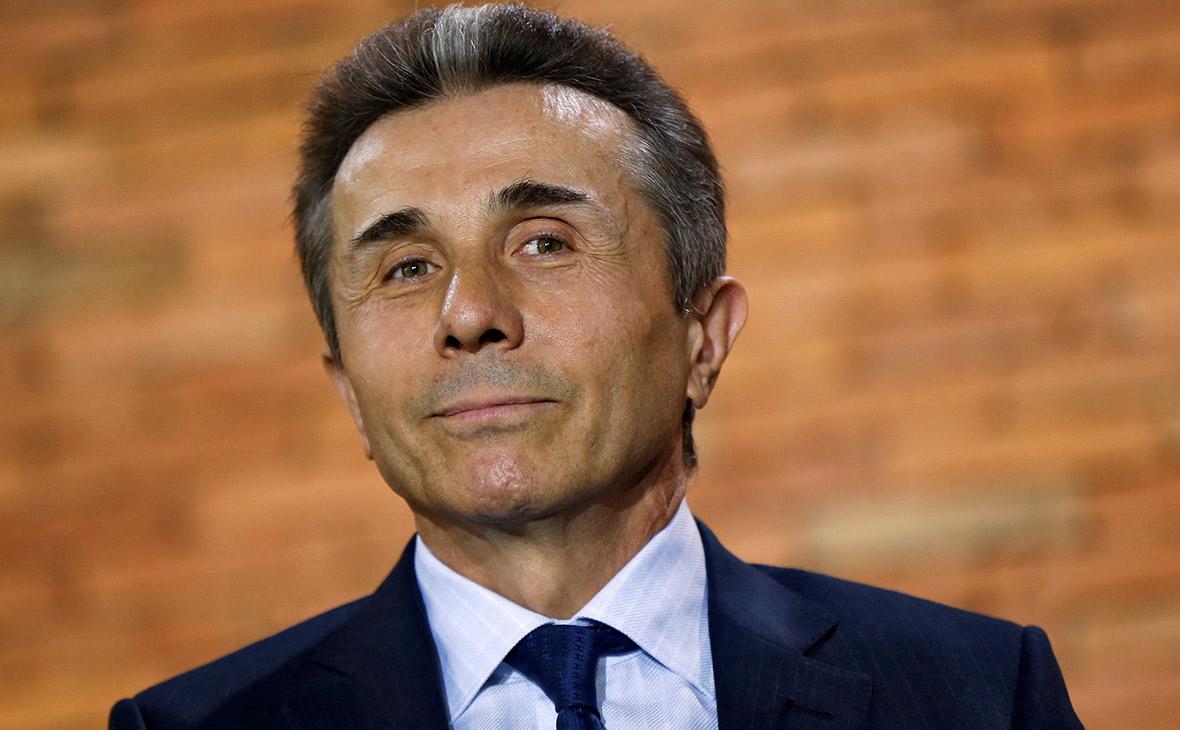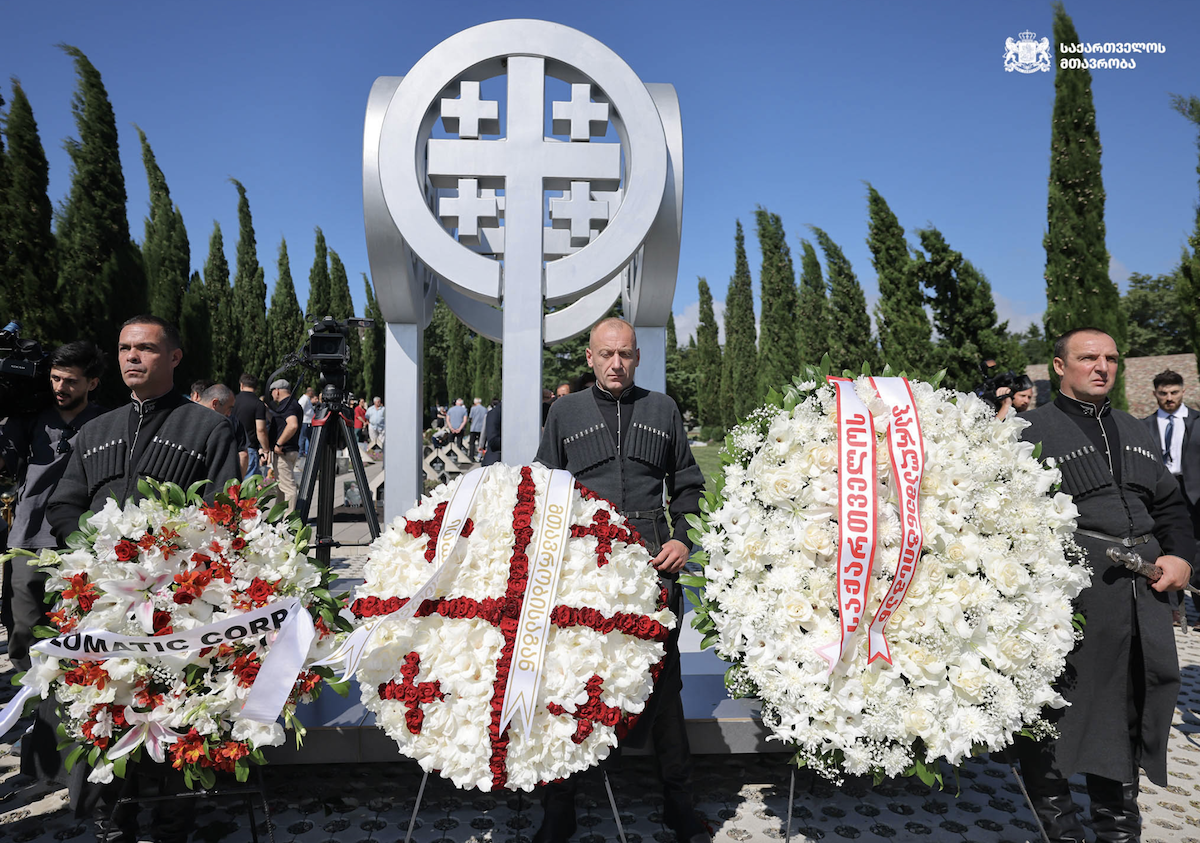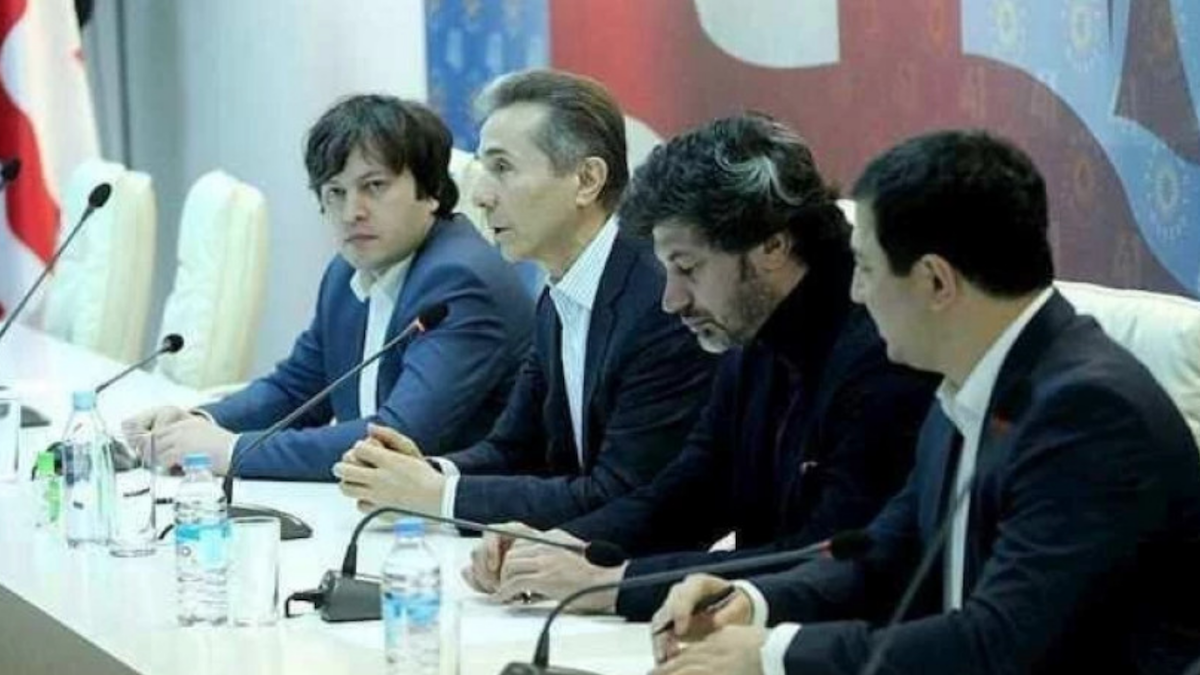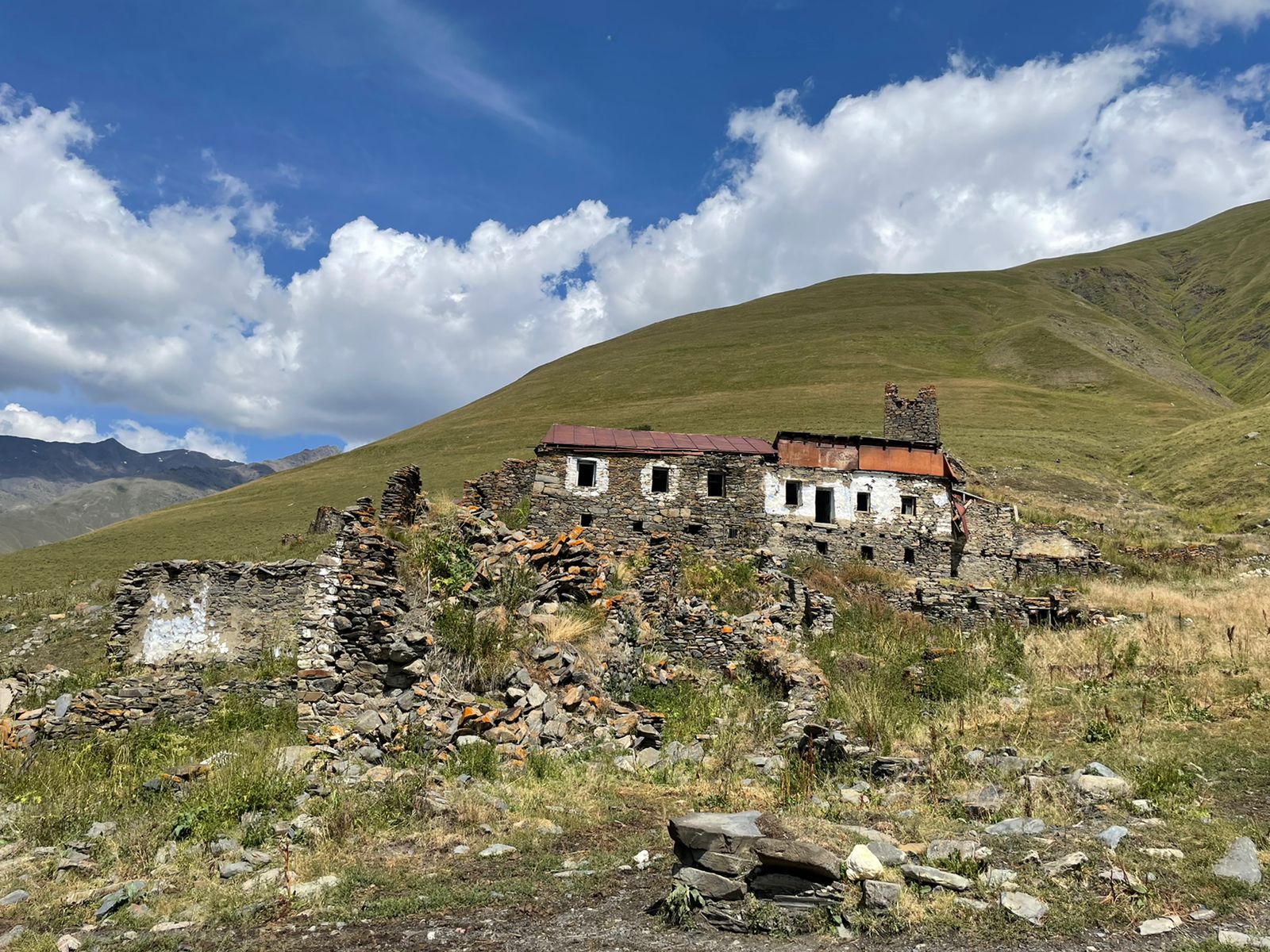
Ossetian reaction to Ivanishvili’s apology promise
In South Ossetia, skepticism greeted the statement by the ruling Georgian Dream party’s founder and oligarch Bidzina Ivanishvili that ‘Georgia would apologize to the Ossetians for the war Saakashvili started in 2008.’
“Immediately after the [parliamentary] elections on October 26, when the instigators of the war are condemned and all those responsible for the destruction of Georgian-Ossetian friendship receive the harshest legal punishment, we will certainly find the strength to apologize for what the treacherous National Movement, acting under external orders, did in 2008 by dragging our Ossetian brothers and sisters into the flames,” Ivanishvili said at a campaign rally in Gori on September 14.
In South Ossetia, politicians broadly agree that assurances alone are insufficient.
They argue that the Georgian government has yet to take any tangible actions on key regional security issues.
The opposition’s view
“Georgia must acknowledge its guilt for starting the war and committing war crimes in South Ossetia; only then can we consider Georgian politicians’ apologies to be sincere,” says Atsamaz Bibilov, leader of the opposition party United Ossetia.
He points out that after the August 2008 war, Tbilisi did not sign a non-aggression pact with Abkhazia and South Ossetia, leaving open the possibility of a Georgian resurgence.
According to Bibilov, Ivanishvili’s promises are merely a campaign slogan:
“With elections approaching, the current government, represented by Georgian Dream, is making various statements about South Ossetia and Abkhazia. However, in practice, the Georgian side is taking no steps toward joint delimitation and demarcation of the South Ossetia-Georgia border.”
- Opinion: “Georgian Dream” in despair, therefore it played the wild card of Ivanishvili
- “Ivanishvili has ‘surpassed’ even Christ by making a third coming. But this is a forced move.” Opinion
Bibilov argues that Georgia is not interested in a peaceful negotiation process and has maintained a destructive stance in the Geneva discussions since 2008, which has hindered progress on a comprehensive document for international security guarantees.
Overall, the United Ossetia party believes that, among other things, “Georgia must recognize the genocide of the Ossetian people in 1920 and from 1989 to 1992, as well as acknowledge the statehood of the Republic of South Ossetia by signing a non-use-of-force agreement. Only then can we believe in the sincerity of such statements.”
Government reaction
The ruling party “Nykhas” and the authorities of South Ossetia have yet to respond to Ivanishvili’s statement, with only a comment from Yuri Vazagov, head of the information and analytical department of the Presidential administration:
“The independence of South Ossetia cannot be a subject of discussion. Regarding Bidzina Ivanishvili’s remarks, it should be noted that Georgia is currently in the midst of an election campaign. The competition between major political forces ahead of the parliamentary elections scheduled for October 26 has become quite intense.“
Vazagov states that “the tone of statements made by various political forces, and those that will be made, is directly related to the electoral cycle, and South Ossetia does not interfere in the domestic political processes of neighboring countries.“
He adds that South Ossetia “expects not only verbal declarations but also practical steps, including within the framework of the Geneva discussions, where the main issue remains achieving agreements on a legally binding document for security guarantees.“
Other comments
Amiran Diakonov, a former parliament member from the People’s Party and a veteran of the Georgian-Ossetian conflict, told JAMnews that Georgia should apologize not only for 2008:
“Georgia needs to apologize not just for 2008 but also for the events of the early 1990s, which were caused by the nationalist policies of Zviad Gamsakhurdia. The Georgian side must apologize for the genocide of the Ossetian people in the 1920s. The ideology of Georgian nationalism will have to make amends to the people of South Ossetia for its crimes against humanity and the Ossetian people.”
Diakonov also suggests that Ivanishvili’s promise may indicate that “part of Georgian society is coming to understand that political and legal evaluations of Georgian actions are needed for both 2008 and the early 1990s, as well as the 1920s.“
The non-parliamentary opposition party “For Justice” also commented on Ivanishvili’s statement, saying that “too much Ossetian blood has been spilled by Georgian nationalism to be settled with mere apologies.”
Terms, place names, opinions and publication ideas do not necessarily coincide with those of JAMnews or its individual employees. JAMnews reserves the right to remove comments on posts that are deemed offensive, threatening, violent or otherwise ethically unacceptable.



